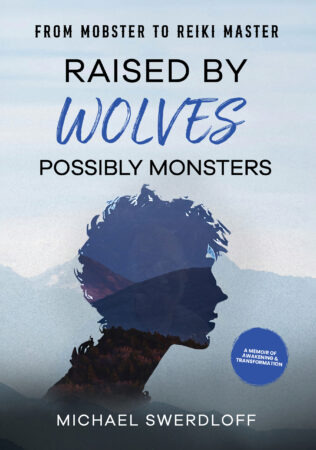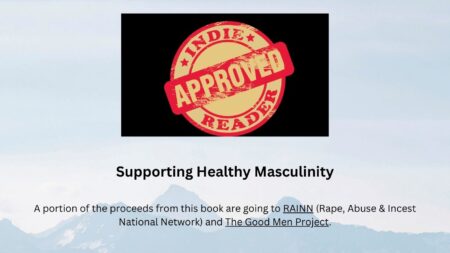5 results for tag: Childhood trauma Awareness
Social Impact Authors Helping To Change Our World
As part of my series about “authors who are making an important social impact”, I had the pleasure of interviewing Michael Swerdloff.
Yitzi Weiner A “Positive” Influencer, Founder & Editor of Authority Magazine, CEO of Thought Leader Incubator ·Published in
Authority Magazine.
Feb 26, 2025
Social Impact Authors - How & Why Michael Swerdloff Is Helping To Change Our World
Michael Swerdloff has been a Counselor, Coach, Social Worker, Community Organizer, Educator, Writer, DJ, and Reiki Master for over twenty-five years. He laughs often, hugs deeply, and practices meditation, ...
Addiction Is Not The Drugs, It’s The ACEs
Empath or Trauma Response?
 Book Release: Raised by Wolves, Possibly Monsters - From Mobster to Reiki Master, A Memoir of Awakening & Transformation. Find out more about this exciting new book here.
Book Release: Raised by Wolves, Possibly Monsters - From Mobster to Reiki Master, A Memoir of Awakening & Transformation. Find out more about this exciting new book here.
Are you an empath, or are trauma responses being expressed from childhood? In recent years, a number of people who have identified themselves as empaths have expressed an attitude of superiority to those who are not empaths. They think they are "special." I find this troubling on multiple levels. An empath is not something that you train or study to become; it is typically a response to childhood trauma and a heightened sense of vigilance.
Is experiencing a challenging childhood a reason to feel superior to others?
... 18 Invaluable Pieces of Advice From Therapists & Counselors
There are not many common pieces of advice from therapists and counselors since we have diverse training, backgrounds, and experiences, but this list seems accurate. The themes around boundaries/saying "no," protecting yourself, and letting go of relationships that are not supporting your growth and peace are essential and agreed upon generally across the field. Of course, your specific situation and circumstances are important to consider as well.
My favorite piece of advice from therapists and counselors is first on their list: "Feelings are not facts." I wish we could all integrate this nugget of wisdom into our lives!
... 






